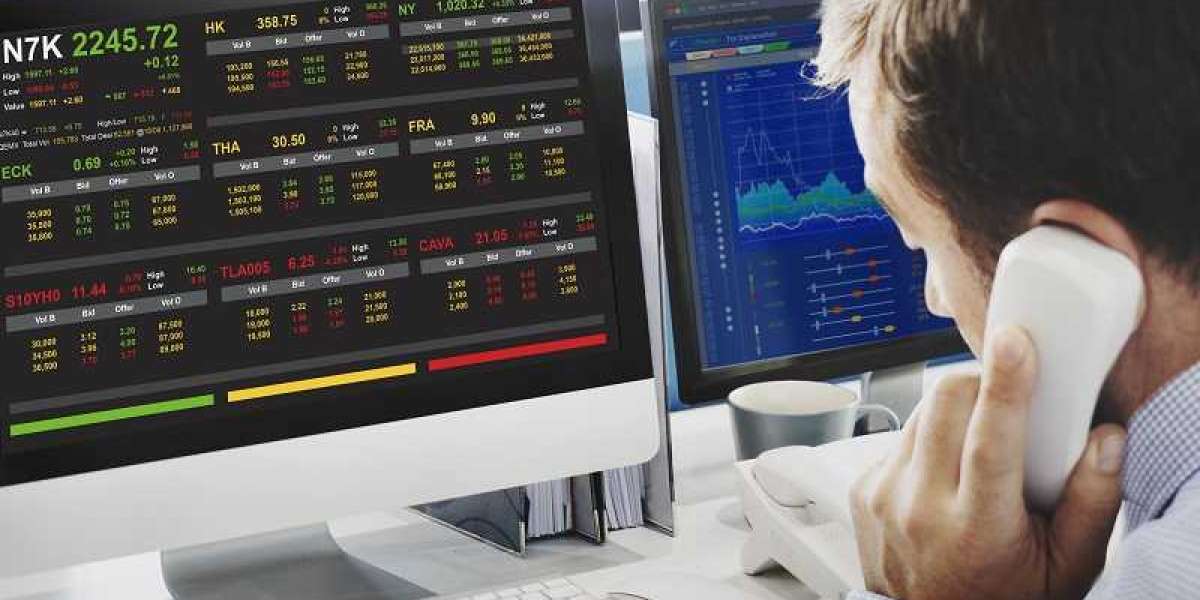The stock market operates within designated trading hours, but what happens before the official opening bell rings? Enter premarket trading, a period of activity that allows investors to buy and sell securities before the regular market session begins. Understanding what is premarket trading and its potential impact on your investments can empower you to make informed decisions.
What is Premarket Trading?
Premarket trading is the buying and selling of stocks, exchange-traded funds (ETFs), and other securities outside of the regular trading hours. This period typically occurs between 4:00 AM and 9:30 AM Eastern Time (ET) in the United States, although specific times might vary depending on the broker and exchange.
How Does Premarket Trading Work?
Unlike regular market hours, where orders are matched on exchanges, premarket trading relies on Electronic Communication Networks (ECNs) or Alternative Trading Systems (ATSs). These electronic platforms connect buyers and sellers directly, facilitating trades before the official market opens.
Benefits of Premarket Trading
- Early Access: Pre-market allows investors to react to breaking news or events that occur overnight, potentially enabling them to capitalize on opportunities or mitigate losses before the regular market opens.
- Greater Flexibility: For individuals with busy schedules who cannot trade during regular hours, premarket trading offers an alternative window to manage their portfolio.
- Gauging Market Sentiment: Observing pre-market activity can provide insights into investor sentiment and potential price movements when the regular market opens.
Risks of Premarket Trading
- Limited Liquidity: Compared to regular trading hours, premarket trading experiences significantly lower trading volume. This can lead to wider bid-ask spreads (the difference between the highest price a buyer is willing to pay and the lowest price a seller is willing to accept) and potentially disadvantageous execution prices for your trades.
- Increased Volatility: Pre-market activity can be more volatile due to the lower liquidity and the absence of major institutional investors who typically enter the market during regular hours.
- Information Asymmetry: Not all companies release news or financial updates before the market opens. This can create an information asymmetry, where some investors might have access to information that others don't, potentially leading to unfair advantages.
Should You Participate in Premarket Trading?
Premarket trading can be a valuable tool for experienced investors with a high tolerance for risk and the ability to react quickly to changing market conditions. However, for beginner investors, it's generally advisable to gain experience and knowledge before venturing into premarket trading. Here are some additional considerations:
- Align with your investment goals and risk tolerance.
- Thoroughly understand the mechanics of premarket trading and the associated risks.
- Choose a reputable broker that offers premarket trading access.
- Start cautiously with small trade sizes until you gain experience.
In conclusion, premarket trading presents unique opportunities and challenges. By carefully weighing the benefits and risks, aligning your approach with your investment goals and risk tolerance, and conducting thorough research, you can determine if premarket trading is a suitable addition to your investment strategy.








